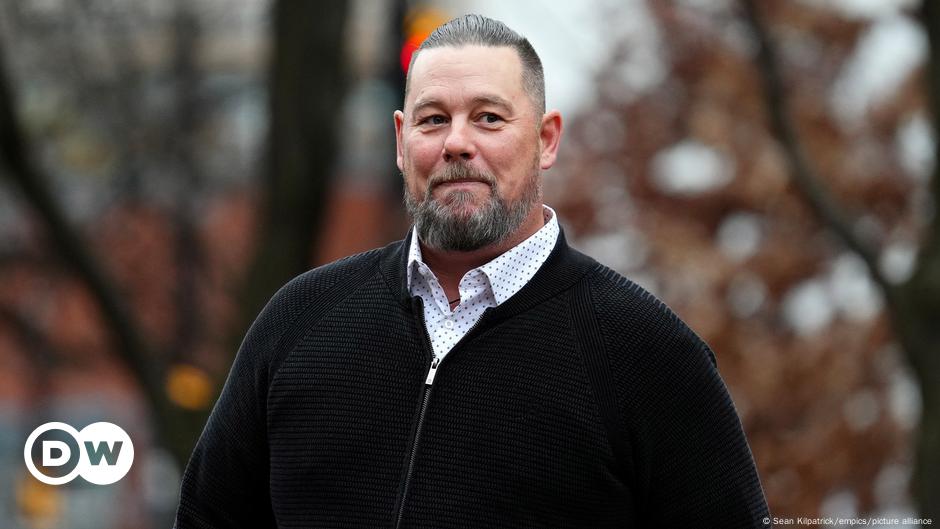Summary
Pat King, a key figure in Canada’s 2022 “Freedom Convoy” protests, was found guilty on five charges, including mischief and counseling others to obstruct police, and faces up to 10 years in prison.
The protests, which blocked downtown Ottawa and key US-Canada border crossings for weeks, opposed COVID-19 mandates imposed by Prime Minister Trudeau’s government.
King was accused of inciting the blockade, coordinating disruptive actions like constant honking, and defying court orders.
He is the first protest leader convicted, while trials for other organizers are ongoing.



TLDR: The trucker protest was really just an anti-Trudeau protest and not about COVID restrictions
Time for a brief history of trucker protest, federal/provincial jurisdictions, and international borders.
Both Canada and the US exempted unvaccinated truckers when it came to crossing borders to help mitigate supply chain issues. Eventually, both Canada and the US decided that you need to be vaccinated to enter Canada or the US. The idea of a host country gets to control who enters their country is fundamental concept of international borders.
What this meant is that US truckers would need to be vaccinated to enter Canada and vice versa. As much as people think Trudeau is all powerful dictator, he doesn’t have the power to dictate to the US about their COVID restrictions.
The truckers should have protested at the US embassy or at the border to pressure the US to allow unvaccinated Canadian truckers in.
The protest morphed into general COVID restrictions. Cool, this is something that Canadian protesters can try affect change. The Constitution Act, doesn’t just lay out rights and freedoms. It lays out how governments are to operate (the legislative, executive, judicial), judges, the Courts, taxation, etc.
Section 92 lays out what is under Provincial jurisdiction.
The Supreme Court in Schneider v. The Queen, 1982 CanLII 26 (SCC), [1982] 2 SCR 112 dealt with the issue of public health and Provincial jurisdiction.
Public health squarely falls into the jurisdiction of the Provinces. Great, we know who have to protest. That would be the Premiers, so let’s all head down to the…Canada’s capital to protest the Federal Government who doesn’t have jurisdiction over public health matters outside very specific situations such as border controls and prisons.
Let’s all be clear that the trucker protest really was just an anti-Trudeau protest.